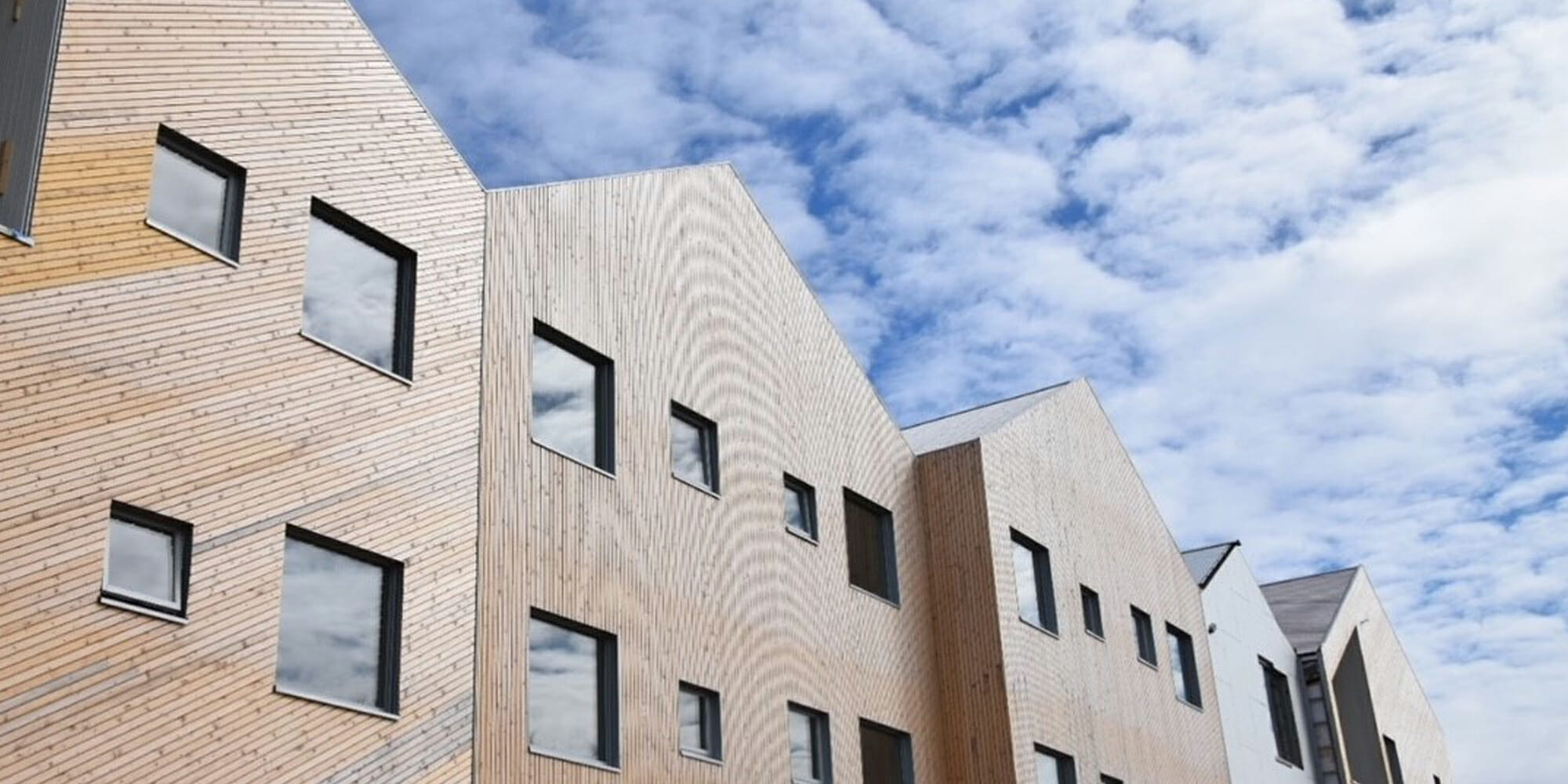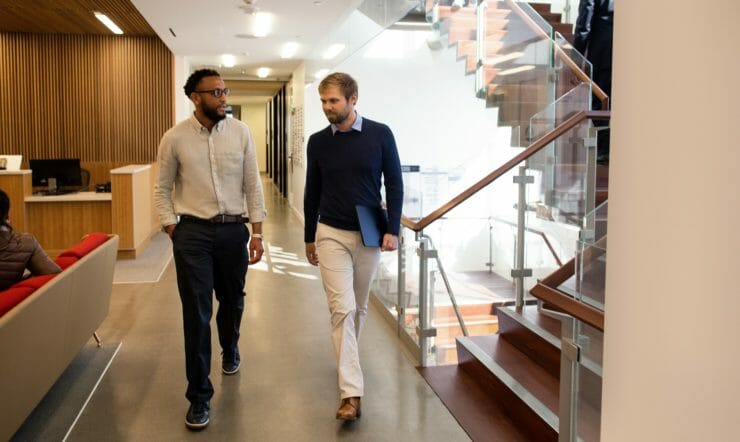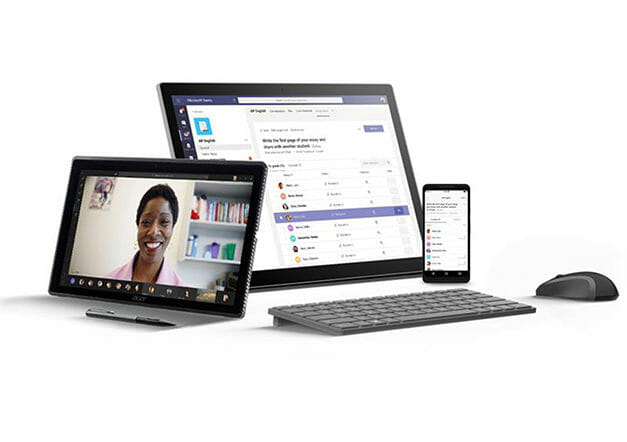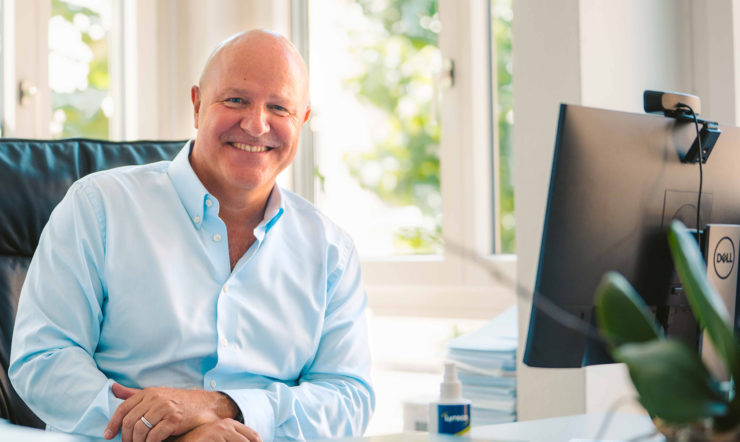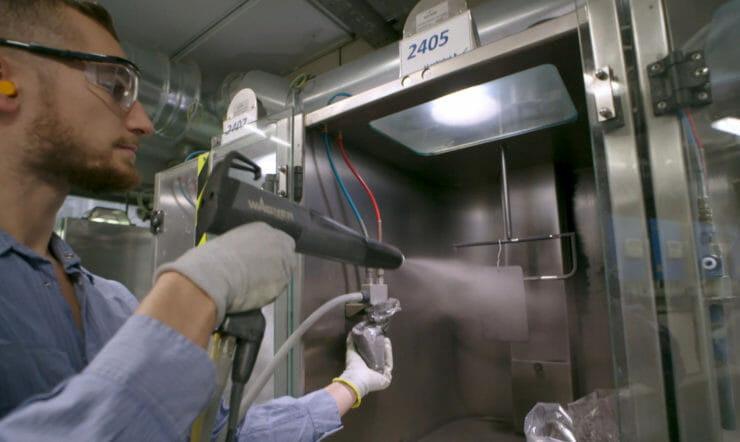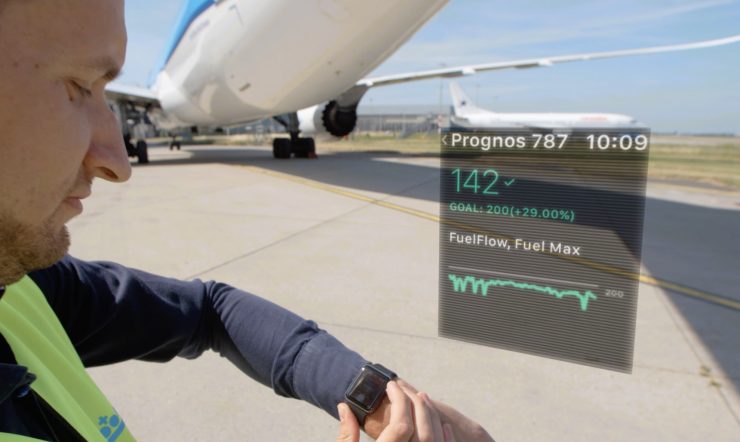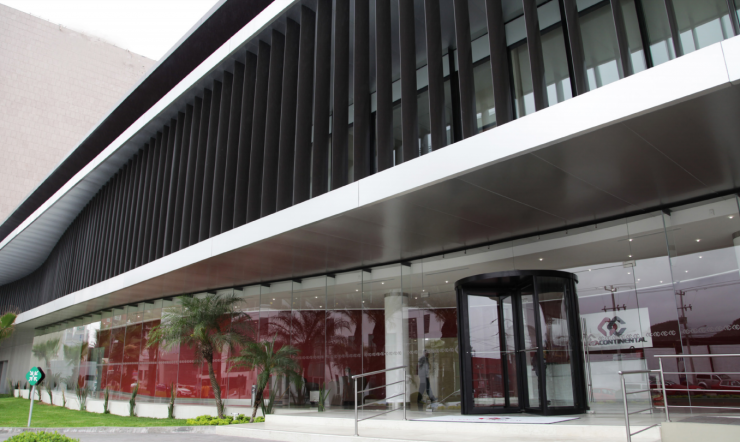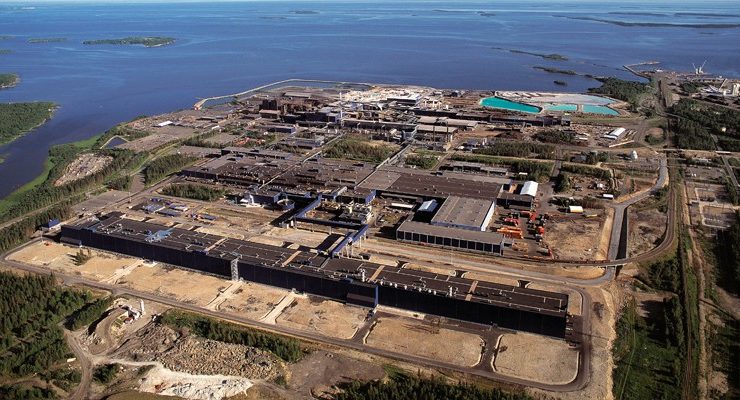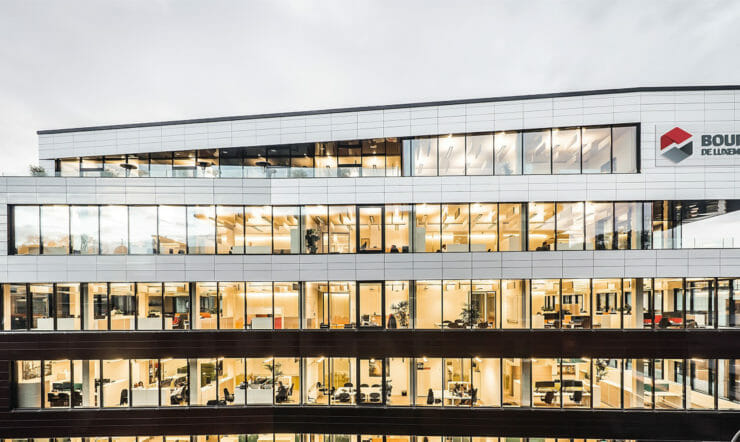“Our digital transformation has meant that we’ve stopped using trees to produce paper for our operations, now we just use it to build houses.”
When Jan Arild Wathne, CEO of Faber Bygg, joined the Norwegian construction company two and a half years ago, it was a small, traditional organization that relied heavily on paper-based processes. Not only were its operations environmentally unsustainable, its decentralized system was inefficient and outdated. Employees could only access applications from a secure server in the office, which was hugely inconvenient for the organization’s many workers who spent a lot of time at construction sites.
“We knew from the beginning that we wanted to grow the company,” explains Wathne, “but to do that, we needed to have a more scalable IT system and a centralized solution that better accommodated the needs of our employees.”
Wathne and his team believed that they needed a fresh approach and looked to Microsoft technologies to help move from a manual, analogue way of working to an automated, digitalized solution.
Targeting outdated processes
Established in 1990, Faber Bygg is a small, yet ambitious company. Employing more than 100 people, they are involved in an array of construction assignments, ranging from working on new buildings to rehabilitation and antiquarian restoration.
“When I came to Faber Bygg, we had an old Visma account and we used a Citrix solution, and most of our processes were paper-based,” says Wathne. “All of our operations were very siloed, with employees working across multiple sites, from carpentry workshops to outdoor warehouses, making administration and reporting slow, labour-intensive and costly.”
After a wholesale analysis of the organization and its working processes, Wathne and his team knew they needed to address outdated processes, focusing on implementing a system that would help secure profit and reduce risk. To accomplish this, they had to establish a new IT strategy with a transformed IT architecture.
An agile approach brings flexibility
“When we decided to digitalize our operations, we wanted to build a system that could facilitate more accurate planning and administration of the company,” Wathne explains. He and the board at Faber Bygg envisioned a more agile, app-led approach to its processes which would help to standardize and simplify operations.
So in 2018, Faber Bygg approached Microsoft partner VENI, to assist them in the planning, implementation and deployment of its new digital strategy. An expert in IT infrastructure and other IT solutions, VENI was tasked with advising Faber Bygg throughout the process and delivering Faber Bygg’s Infrastructure-as-a-Service through Microsoft 365 and Windows Virtual Desktop. This effort was supported by ALSO Norway – where life-cycle management of CSP licenses is maintained in the ALSO Cloud Marketplace.
With the help of VENI, the Norwegian construction company first introduced a new digital concept: Faber Bygg Skywalk. “After several weeks of planning, and a weekend to implement, we had migrated our operations to the cloud, integrating Microsoft 365 and Microsoft Teams,” says Wathne. “Within days we went from using stationary PCs to enjoying the flexibility of using laptops, tablets and mobile phones, wherever we were.”
Whilst many of Faber Bygg’s processes had been modernized, there was one more thing the organization had to move to the cloud; its legacy apps. The company needed to ensure its existing ERP and CRM systems, along with several industry-specific applications it relied upon, could be accessed by employees as seamlessly as the new Microsoft solutions it was using.
“We decided to implement Windows Virtual Desktop to access our legacy apps,” explains Wathne. “It’s meant that we can continue using applications that work for us through Microsoft SharePoint in a secure cloud rather than a server in the office. We can quickly access an archive file structure from the start menu on any device. I think that has been one of our biggest successes.”
Modernizing proves advantageous
Digitalizing the operations of this traditional construction company has been holistically successful, even during the difficulties of 2020. “When the world shut down due to COVID-19, we were already using systems that allowed us to work remotely. We had unknowingly prepared for a global pandemic; we were extremely lucky.”
Implementing Microsoft 365, Microsoft Teams and Windows Virtual Desktop has given Faber Bygg the opportunity to operate as normal, regardless of external circumstances. They no longer have applications on premise, having migrated everything to the secure cloud. This has created a new flexible workplace where employees can work independently of where they’re located, accessing everything they need.
The ability to work anywhere has allowed construction sites to continue as planned as they can be managed remotely. Employees can conduct virtual meetings via Microsoft Teams wherever they are, and they can seamlessly share data with SharePoint. “Not having to go to the office everyday has been hugely beneficial in ensuring our employees are able to work. As a result of this flexibility, in the last year we have been able to double our revenue.”
Rather than depending on the old traditional infrastructure, Faber Bygg implemented Power BI, allowing the organization to benefit from a centralized system. The ability to control everything in one place through a powerful dashboard, has made management and reporting easier and simpler. This also means that it can keep costs low by turning applications on and off as and when they’re needed. “Not only have we experienced a transformation with our operations, which has hugely reduced our paper usage, we’ve seen a positive impact on our bottom line too.”
Looking ahead to an innovative future
Most importantly, the future of Faber Bygg is looking more exciting than ever. The platform has made it possible for the organization to scale, without much limitation, giving them an advantage over competitors in the construction industry. “We are still a small company, but this package of powerful apps has given us the opportunity to have a similar system, or even better, than bigger companies,” says Wathne.
As Faber Bygg continues to scale, it is experimenting with new apps all the time to continue innovating and improving its ways of working. “We’re in a much stronger position to deliver on our company strategy now,” says Wathne, “I no longer have concerns about the IT systems we have in place holding us back. In fact, I’m confident we will double our revenue again within the next three years.”


